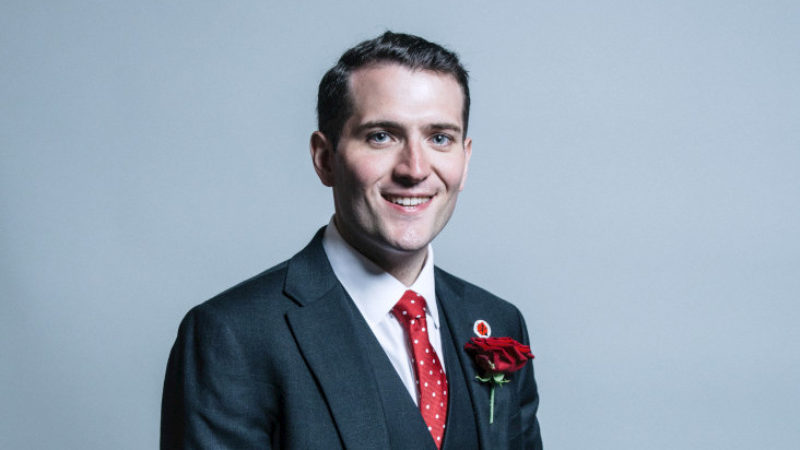
In the days after the 2016 vote, it was already clear that there was little agreement on how Brexit would actually be implemented, even by those who voted Leave. The narrow majority for Leave had no majority for any one version of Leave. We didn’t know then what Brexit would look like, but it was clear that any Brexit would result in something worse than the deal we currently have with the EU. The Leave campaign’s lies and false promises were never going to come true. Replacing cooperation for isolation is never a good trade. That is why, even at that early stage, the idea of having a confirmatory public vote on whatever final Brexit withdrawal agreement the government agreed with the EU made sense.
Now we do know what Brexit could look like, with the default of leaving with no deal at the end of October growing ever more likely – despite the overwhelming majority of the public and parliament being against it. The case for a public vote and remaining in the EU is impossible to ignore. The short-term impact of no deal would be catastrophic, and the long-term effects aren’t much better. From trade deals (which can take years to negotiate), to long-term loss of investment, to a far weaker pound meaning higher prices, and even potentially causing enough grievance to fracture the UK itself, no deal will have far more destructive effects than the initial shock it will deliver.
We will all suffer from a no deal Brexit, on a day-to-day, tangible basis. Ordinary men and women will lose their jobs as whole industries fail due to sudden trade barriers, see wages and public spending stagnate, and see prices rise just as all this reduction in their income is taking place. But no deal Brexit is not only an economic disaster. Diplomatically, it will leave the UK isolated from Europe and less important to the United States, as we will no longer act as a bridge between those two major geopolitical influencers. In terms of security, we will lose cooperation and pooled information with our closest allies. Our universities and other research centres will lose out from EU funding. Not to mention the British people living abroad who will lose their rights overnight, and those innocent people living here whose lives will be threatened by medical shortages.
The public remains woefully underserved by the real consequences when it comes to Brexit. Despite the constant media noise, they are given little clarity about what the future would look like under the withdrawal agreement, no deal or indeed any other Brexit outcome. This will help Boris Johnson to legitimise no deal over the summer period. We need to counter his bluster, lies and obfuscations with facts. Labour for a Public Vote’s no deal briefing explains in clear terms what the impacts of no deal would be. It is written as a resource for you, to enable you to speak to your constituents and the media about the impacts of No Deal, and why in the autumn parliament needs to do all it can to prevent what would be a disaster for all that we value as Labour members.
None of this is an option we are willing to accept, and none of it is necessary. The option for the UK to remain as a member state of the EU will always exist as long as we live in a democracy. The case for doing so only grows stronger when the form of Brexit most likely to happen is the most extreme, damaging version of it possible. Instead of going through with such a horrendous act of self-sabotage as a country, we should hold a confirmatory public vote. We should convince the country to reject any version of Brexit – especially given there was no majority for any one version of Brexit in the first place – and keep our EU membership. We should begin to turn our attention to the crises in housing, climate, violent crime, schools and hospitals that have been so neglected in recent years by working in co-operation across Europe and beyond.
Labour for a Public Vote will launch its no deal Brexit briefing at an event in parliament on Thursday 18th July from 11am in Room W2, off Westminster Hall.




More from LabourList
‘I was wrong on the doorstep in Gorton and Denton. I, and all of us, need to listen properly’
‘Why solidarity with Ukraine still matters’
‘Ukraine is Europe’s frontier – and Labour must stay resolute in its defence’